….provisions draconian, inconsistent with civil rights, liberties
Irked by the provisions of the Control of Infectious Diseases Bill 2020 now before the National Assembly, the Nigerian civil society organizations under the auspices of the Action Group on Free Civic Space (AGFCS) has called on the lawmakers to subject the bill to public hearing and proper consultations before passage.
AGFCS said the bill being initiated in the middle of a COVID-19 crisis should not be passed until key stakeholders were consulted to ensure accountability and due process.
It said the powers conferred on the police or an enforcement officer to arrest ‘without warrant’ or ‘take any action’ to give effect to restrictive orders on movement around isolation areas “waves a red flag’’.

AGFCS’ position is contained in a letter addressed to the Speaker of House of Representatives, Mr Femi Gbajabiamila and copied to Persecondnews on Tuesday.
Describing the provisions of the bill as draconian and inconsistent with the principle of human freedoms, the body said any legislative proposal favouring compulsory vaccination of members of the public “is inconsistent with the principle of civil rights and liberties as well as free, prior and informed consent’’.
“The continuing spread of coronavirus (also known as COVID-19) has posed serious social, economic, legal and political challenges across the globe, necessitating state and national authorities to modify existing emergency response mechanisms and make new policy choices compatible with the new realities created by the disease.
“We acknowledge the efforts of the House of Representatives, under your leadership, to deploy legislative interventions to address evolving infectious diseases proactively.
“We have extensively examined the provisions of the draft bill and make the following observations: “Granting overreaching powers to law enforcement officers or the police to apprehend persons suffering from infectious diseases, is worrying—Section 24.
“ First of all, how will police officers make a determination that a person is suffering from an infectious disease? By mere physical observation? Or based on sound medical diagnosis? For a country with a high record of abuse of power by state security agents, such omnibus clauses granting the police unfettered powers to apprehend persons suffering a disease will open the gateway for unrestrained repression of civil liberties.
“Since the Nigerian government-imposed lockdown on three major Nigerian cities of Lagos, Ogun and the Federal Capital Territory, the overbearing conduct of security operatives have resulted in the brutality and eventual killings of over 20 citizens in the name of enforcing the lockdowns and public safety measures.
“ The database of closing civic spaces in Nigeria — www.closingspaces.org—
AGFCS also frowned at the bill granting “unparalleled powers’’ to the Director-General of NCDC to detain members of the public and minors, indefinitely, at a hospital or undisclosed locations if they are suspected to be a case or carrier of an infectious disease (Section 13(1)(2)).
It noted :“This power is extreme and overly discretionary. Subjecting individuals to indefinite detention without any clear justification or medical evidence that demonstrates the presence of an infectious disease is dangerous to public safety.
“The right to detain at undisclosed locations could be explored for ulterior motives where there are no checks and balances. This provision is a clear breach of the constitutional guarantee of free movement and privacy, including the prohibition against torture, inhuman and degrading treatment.
“There is no provision for legal responsibility for drug reaction or other negative side effects, especially where informed consent is neither sought nor obtained. The particular provision of the bill is draconian, inconsistent with the principle of human freedoms, and should be expunged without much ado.
“Public gatherings and meetings fall within the purview of the constitutionally-protected freedoms of association and assembly. The Minister’s power to make final judicial determinations in respect of restrictive orders on gathering and meetings not only usurps the constitutional powers of the judiciary, but also, effectively deprives aggrieved persons the right to fair hearing.
“Section 20 of the Bill empowers the Director-General to stop any meeting or gathering that is ‘likely to increase the spread of an infectious disease’. With the absence of statutory safeguards to prevent the abuse of this power, there is a strong likelihood that intolerant regimes, including overzealous state agents, will proscribe all sorts of meetings, including human rights meetings, accountability conferences, public protests, civil demonstrations, and the like, in the name of disease prevention.
“These provisions will further embolden authoritarians to erode the democratic rights of citizens, including, clamping down on associations and gatherings that examine and critique the failings of government.
“ This right is to be preserved regardless of the ultimate guilt or innocence of the parties involved. It also stresses the duty of the court to look into alleged violations of such rights with due diligence. It is therefore the obligation of the courts, and not the Minister of Health, to look into the matters touching on constitutional rights and freedoms.
“Breaches of individual privacy, confidentiality agreements, and doctor-patient data privacy: Please note that Section 37 of the 1999 Nigerian Constitution guarantees citizen’s privacy and protection from the invasion of their homes, correspondence, telephone, and telegraphic communications.
“Section 14 of the Freedom of Information Act restricts the disclosure of personal data without obtaining consent. The bill’s provisions authorizing health officers to invade citizens’ homes in the name of disease control negate these human rights protections’’.
It warned that the bill if passed in its present state and content, human rights and freedoms will be caged, adding “press freedom will be under threat.
“ It further signals that the days of patient-doctor confidentiality is over. Provisions of this kind that hold enormous potential to put a knife on civil liberties have no place in democracy.
“Unilateral declaration of isolation areas, destruction of suspicious or known sources of infectious disease such as structures, goods, sewage, etc. : Of all the troubling provisions of the bill, this is the most alarming. Nigerian citizens are vested with the fundamental right to property, as guaranteed by Section 43 and 44 of the Nigerian Constitution.
“The right to property is protected against arbitrary seizure, isolation and destruction by the Nigerian Constitution, the Land Use Act, as well as the various states urban and regional planning laws. When the government carries out demolitions, forced isolation and forced evictions in the name of disease control, individuals’ fundamental rights to property, dignity and fair hearing are violated.
“Illegal forced evictions and demolitions also violates the fundamental right to life, dignity, and housing, as expressed in the African Charter on Human and Peoples’ Rights, ratified into Nigerian law,’’ the organization stated in the letter.











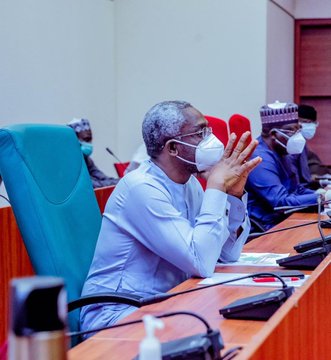

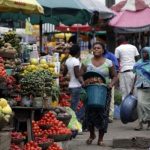
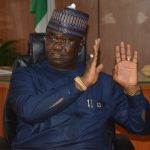




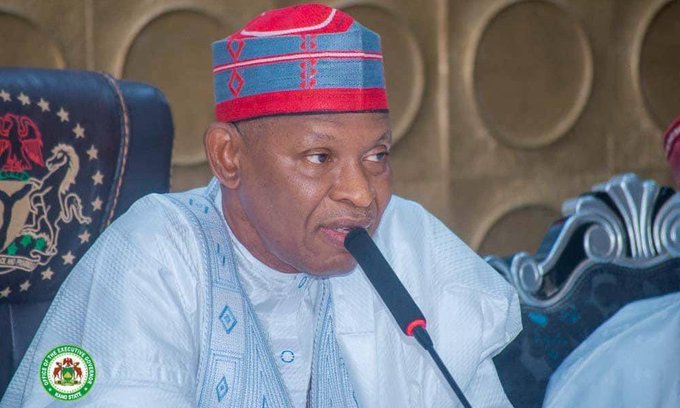



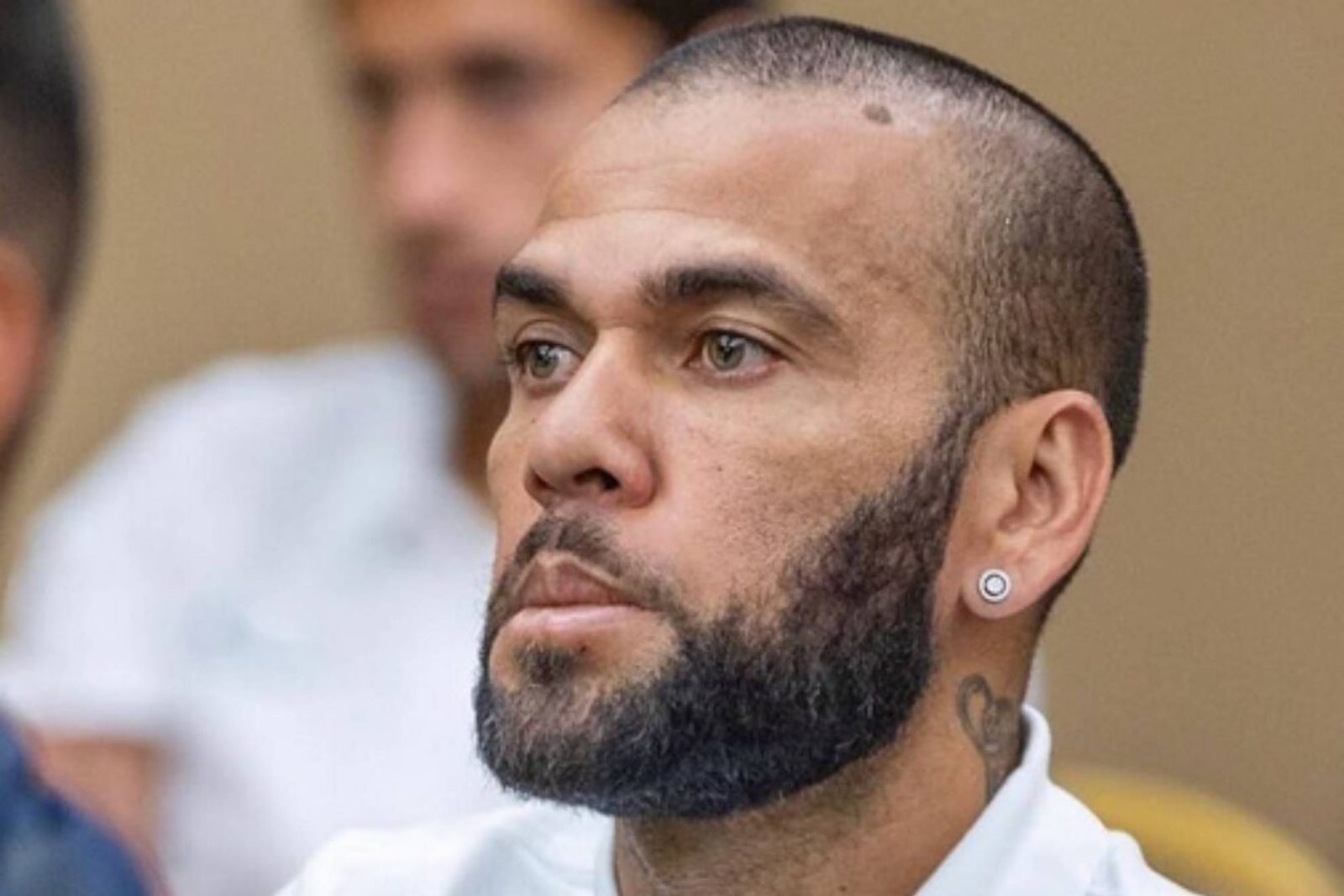


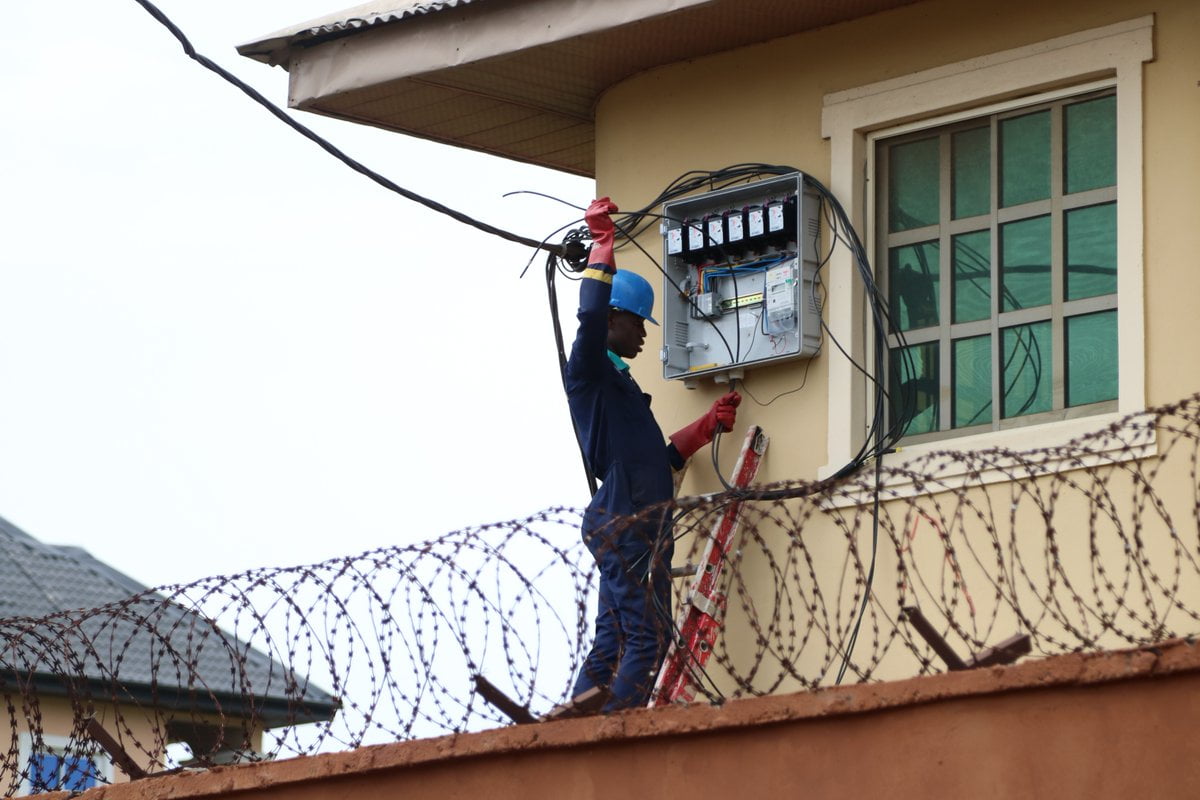
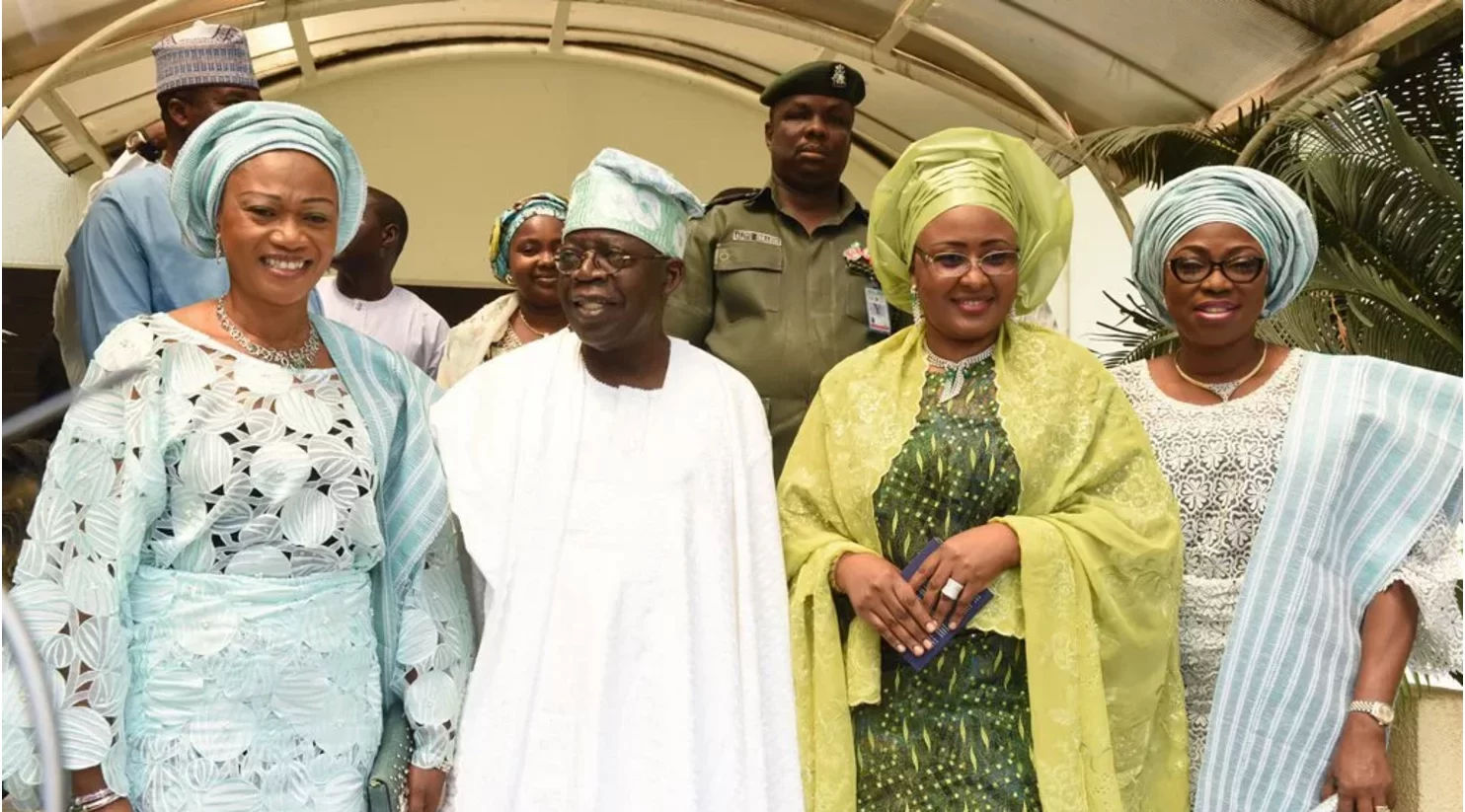

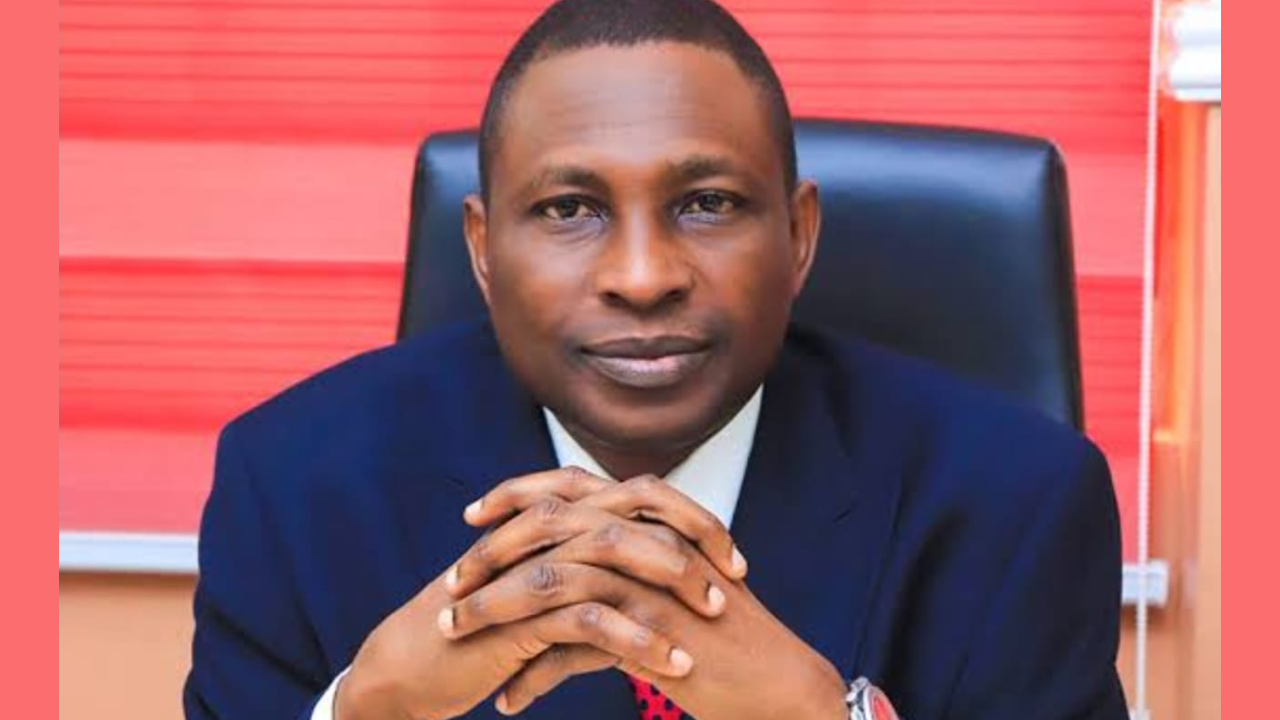
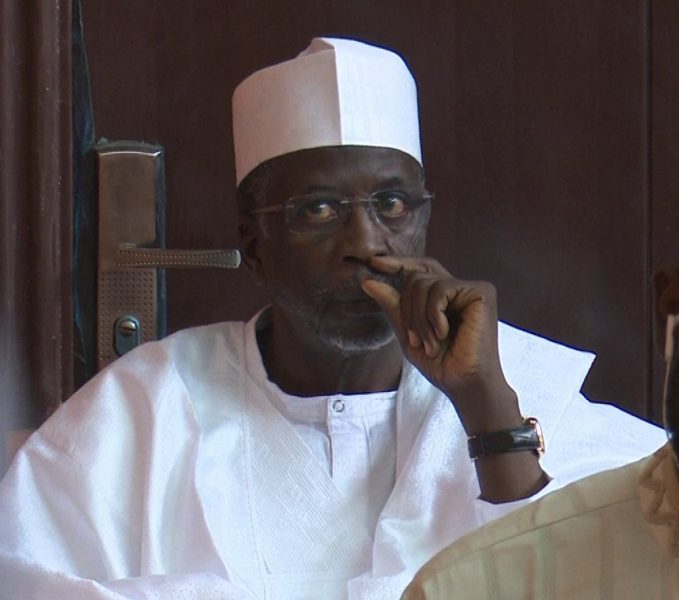
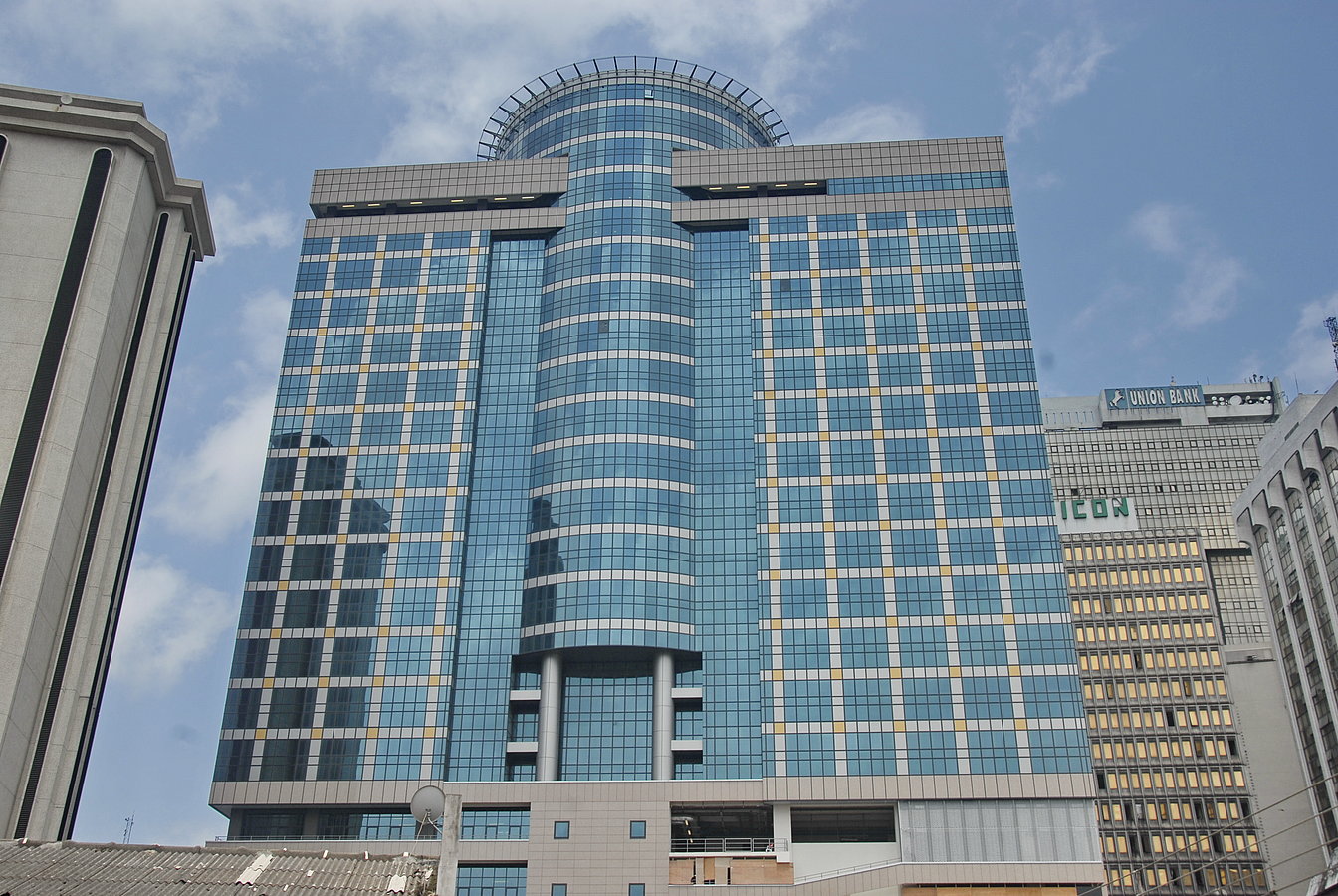






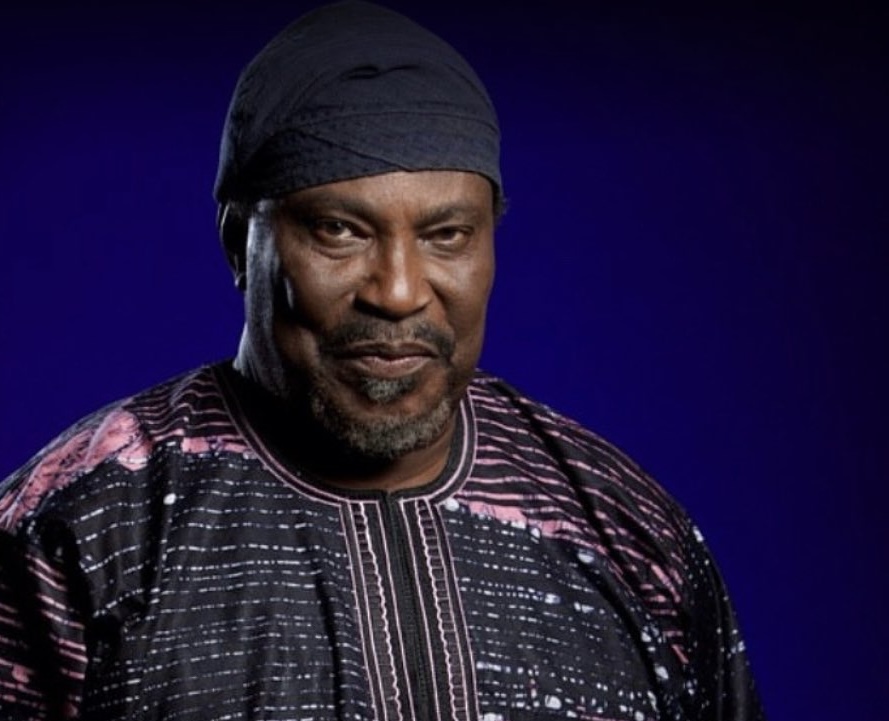
Leave a comment